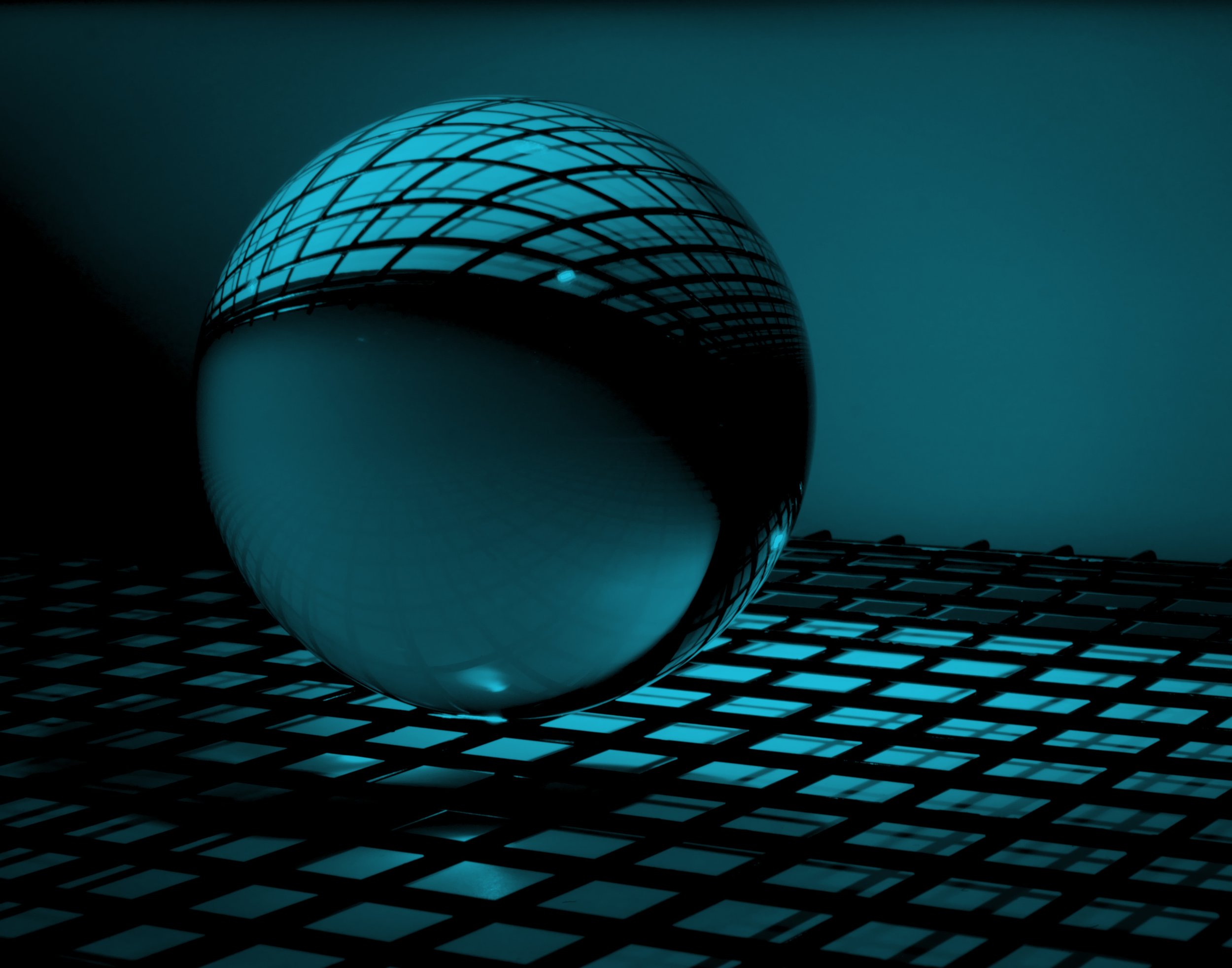
Abstraction in thought

Abstraction in thought
Words that define concrete objects, like “necklace” or “pencil” are easier, compared with words that define abstract entities, like “freedom” or “logic”. Research shows that we read concrete words faster than abstract words. We learn them earlier during development. We remember them better.
The reason seems to be that words defining concrete objects are better rooted in our memory because they are associated with the mental representation of the object they define. This is hardly the case for words denoting abstract concepts, because abstract concepts by definition define intangible entities that cannot be seen.
Nevertheless, also abstract words can evoke concrete images. Research shows that abstract words can evoke past experiences, emotions, and concrete entities that are connected to the abstract concepts metaphorically. For instance, “freedom” can evoke a scene of broken chains, or a kid jumping high on a trampoline, which triggers positive feelings, or a white dove. Mental images that evoke perceptual experiences like those hereby described suggest that human cognition and language comprehension are to some extent embodied. That is, they depend to some extent on the experiences that we perceive through our bodies.
In which contexts do perceptual experiences affect our mental representation of concrete and abstract words is a debated issue. Moreover, concrete and abstract words may differ in levels of abstraction, since some are more specific than others. “Necklace” is a concrete word, and it is more specific than the generic “jewelry”. “Freedom” is abstract and it is more generic than “freedom of speech”. How does word specificity affect the content and the embodied nature of our mental images is an open question in cognitive science.
ABSTRACTION will address this open question through a series of behavioral experiments and statistical analyses.
The results of these studies will be published in academic journals that can be found on the academic website of this project, and will be summarized here on this website in short articles.
